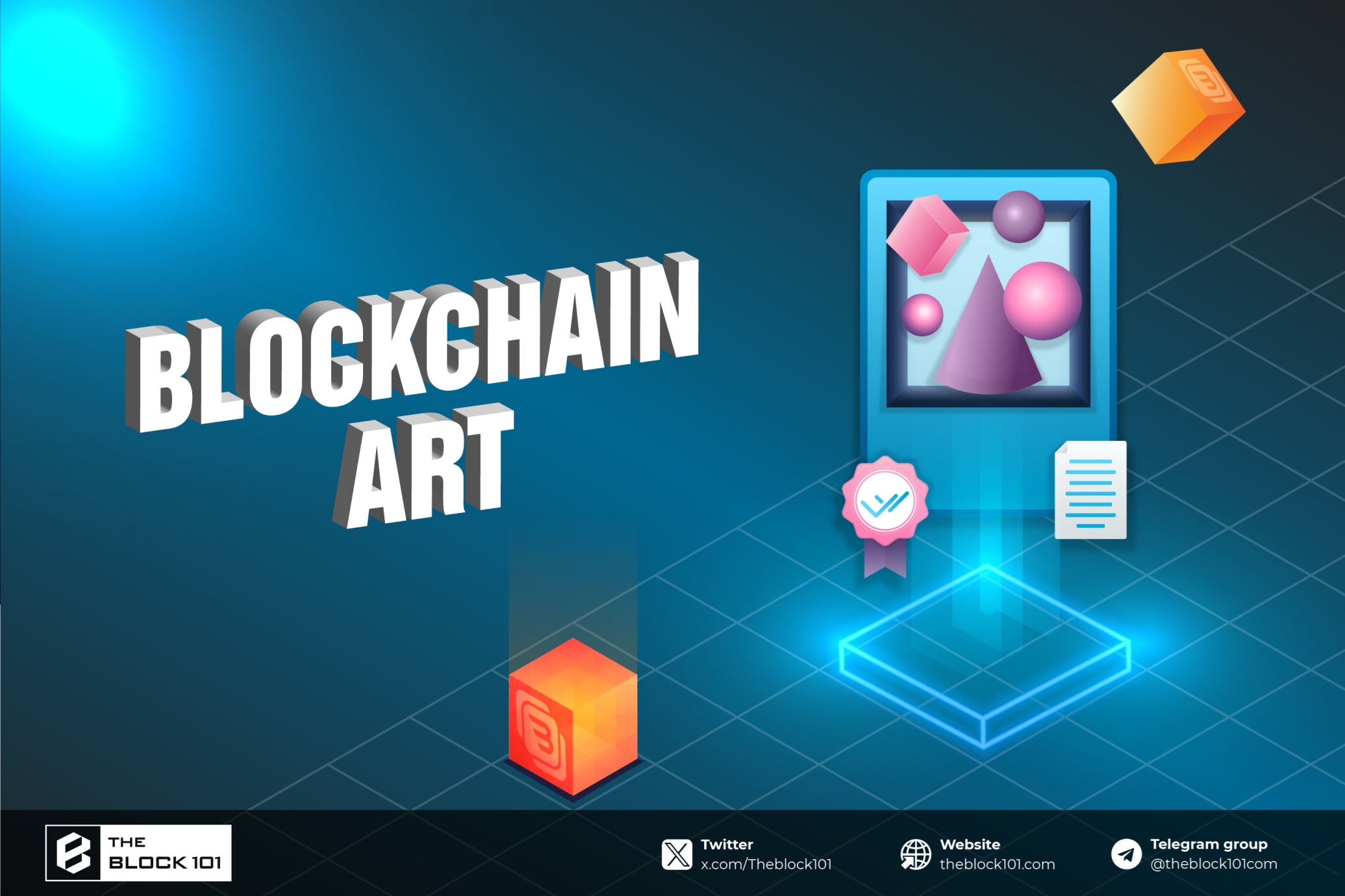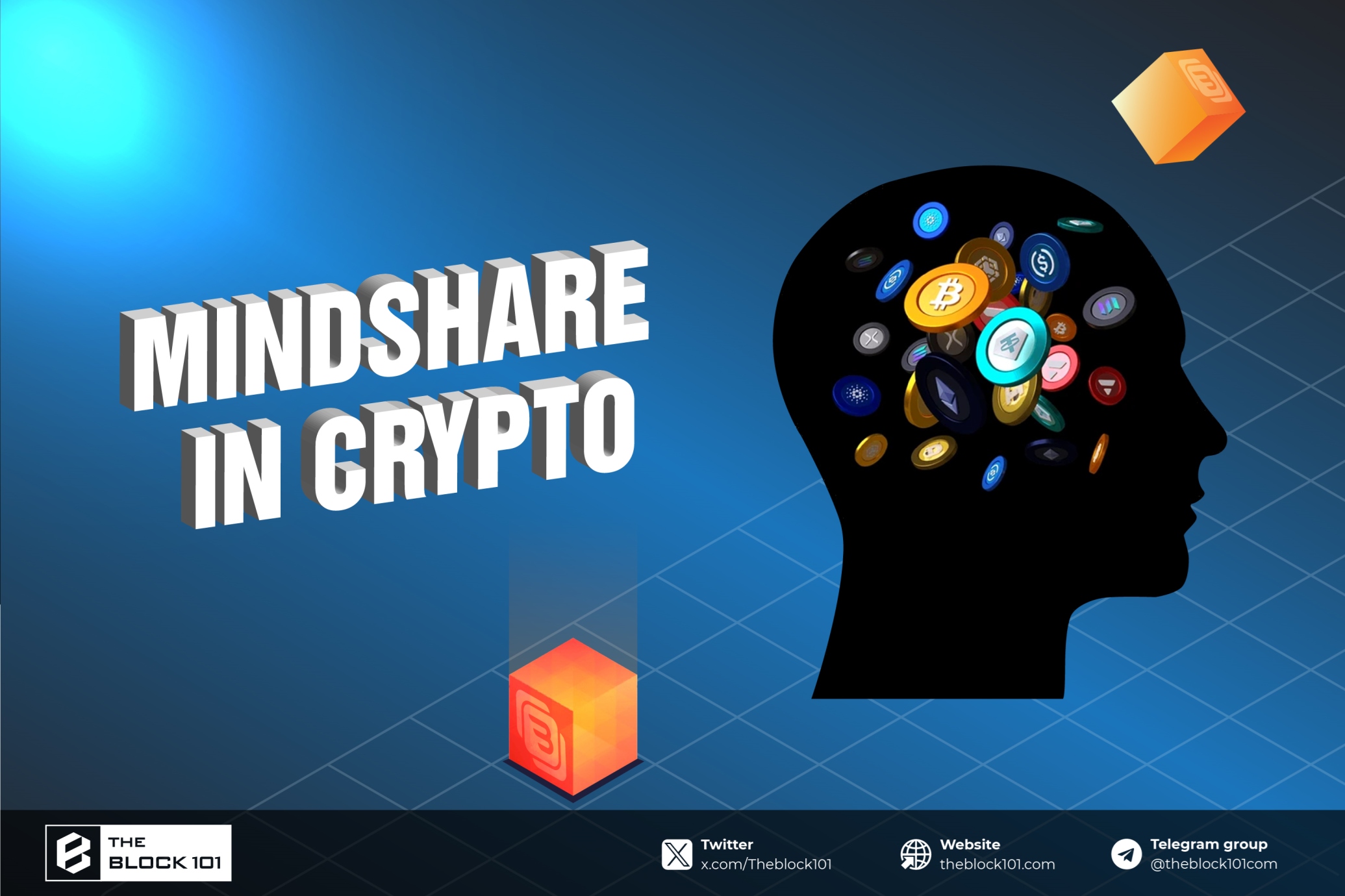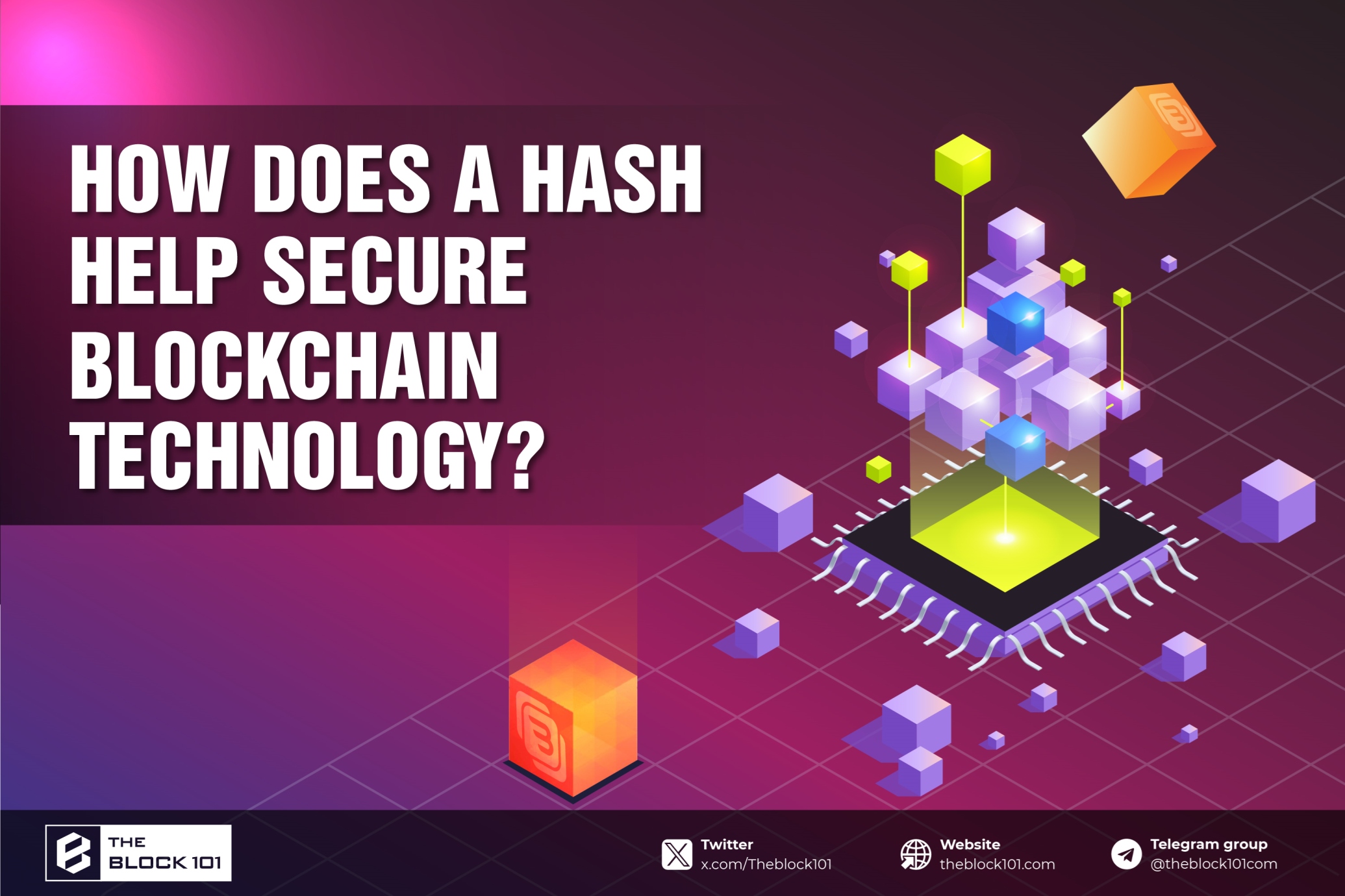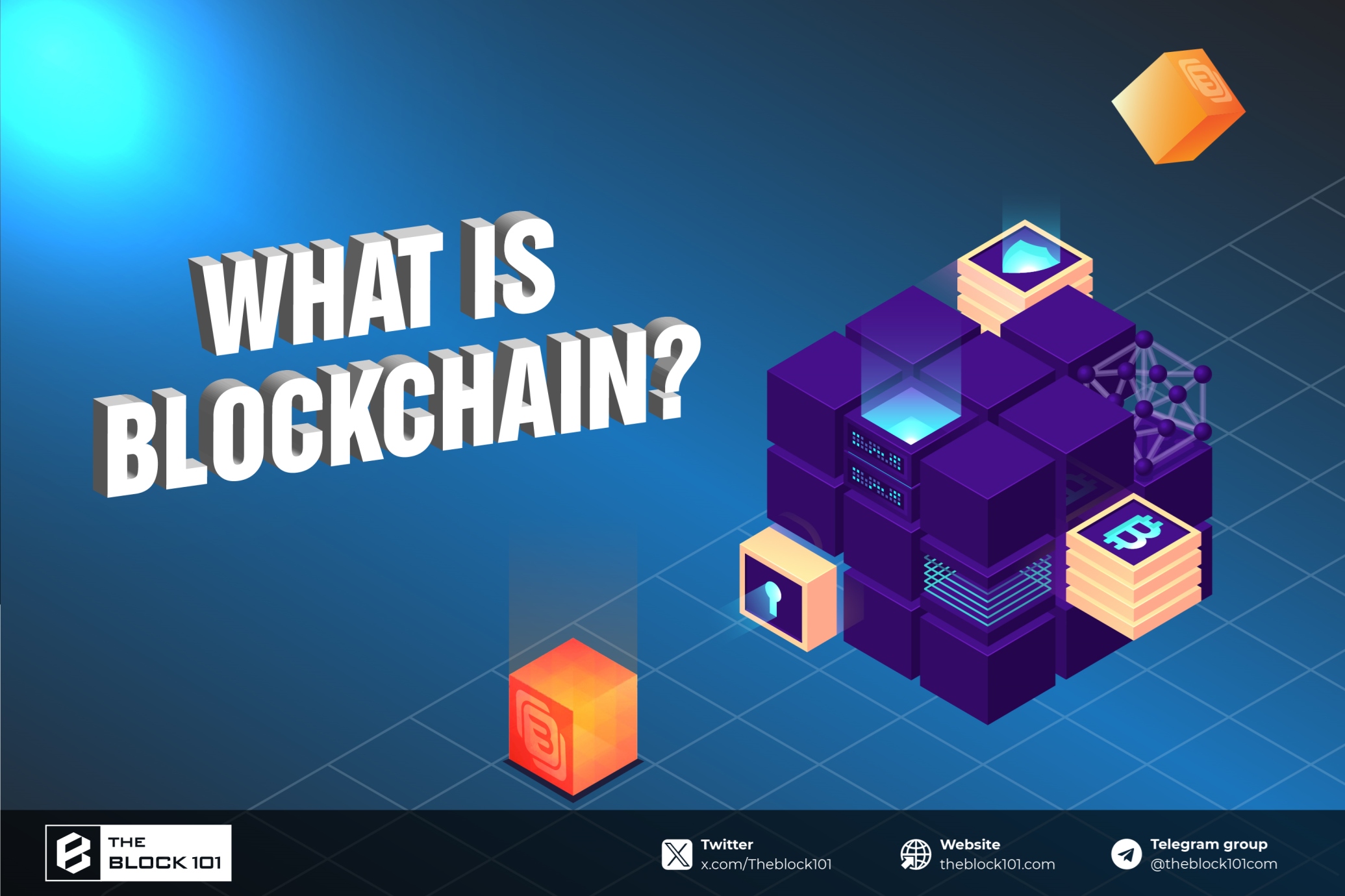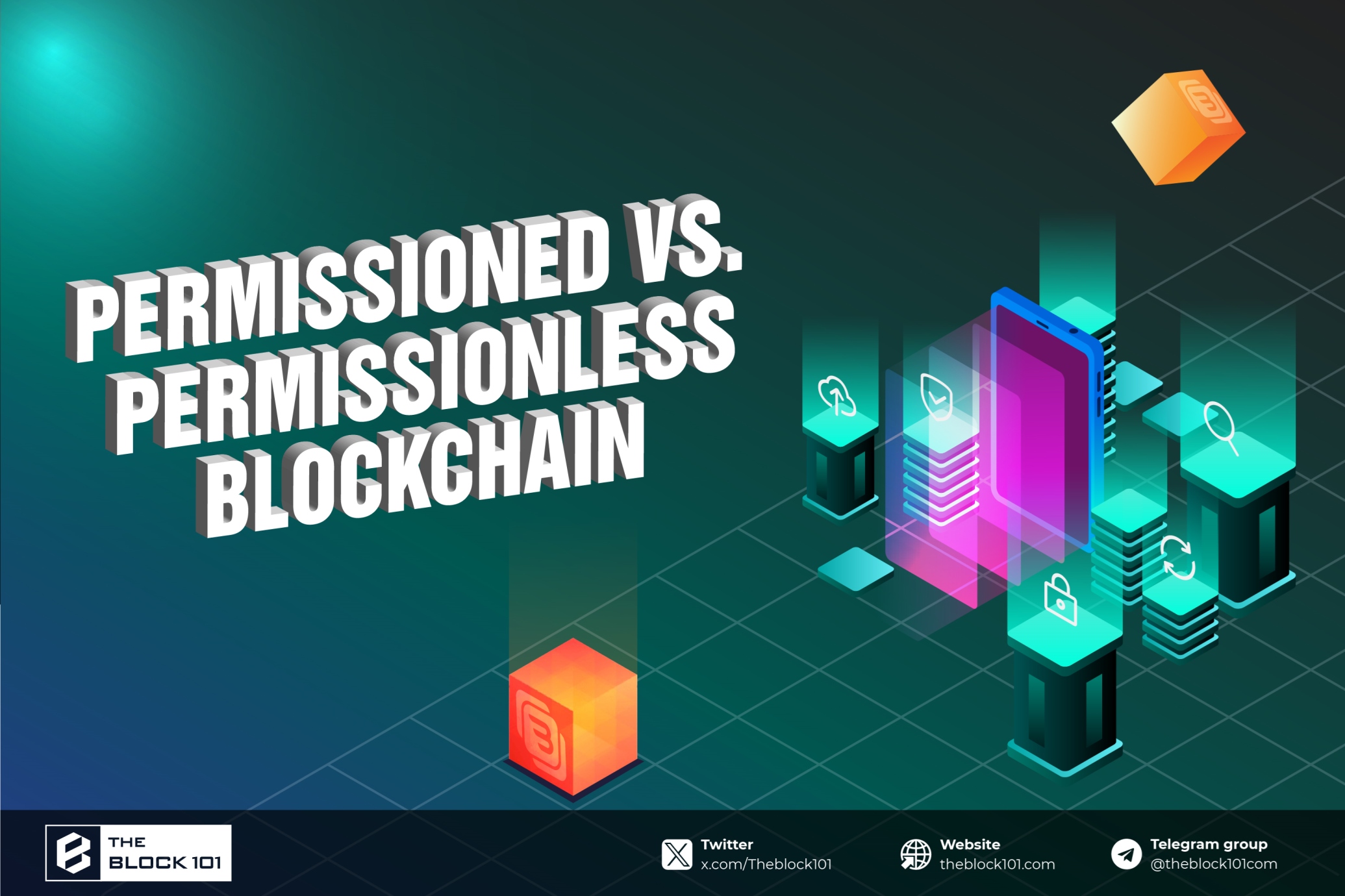1. What is a Crypto Wallet?
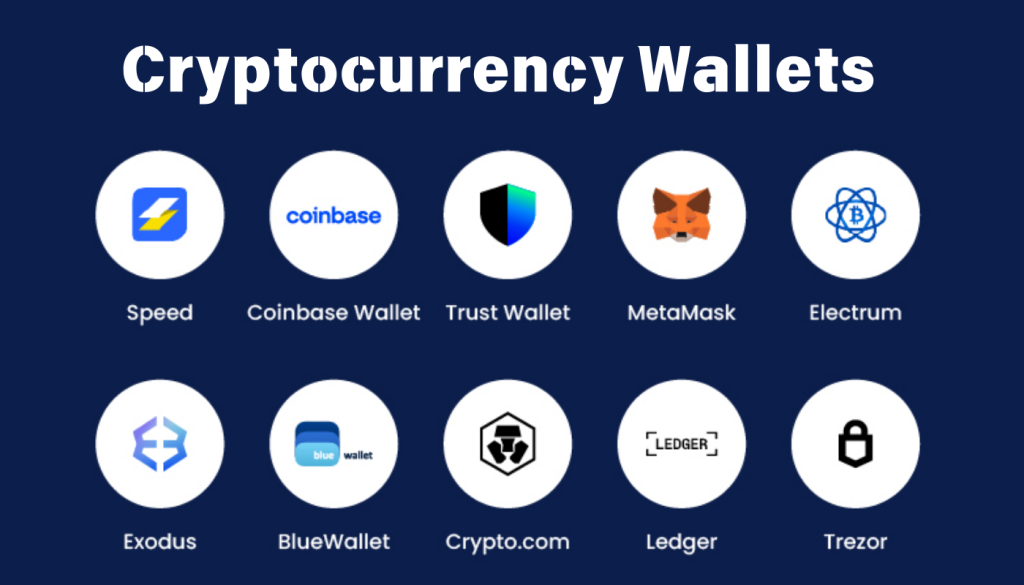
A crypto wallet is an essential tool that allows users to interact with blockchain networks. Contrary to popular belief, these wallets do not store cryptocurrencies directly. Instead, they manage the cryptographic keys—public keys and private keys—that give access to digital assets on the blockchain.
The public key functions like a bank account number, allowing others to send funds to your wallet. The private key, however, acts like a PIN code, granting access to your funds and authorizing transactions. Keeping the private key secure is paramount; loss or theft of this key results in the permanent loss of your assets.
Crypto wallets can be broadly classified based on connectivity (hot vs. cold wallets) and control over private keys (custodial vs. non-custodial wallets). Each type serves different purposes, catering to diverse user preferences and security needs.
2. Types of Crypto Wallets
.png)
2.1 Hot Wallets
Hot wallets are connected to the internet, making them convenient and ideal for users who need frequent access to their funds. These wallets are commonly used for daily transactions due to their accessibility.
Hot wallets are available in various formats, including mobile apps, desktop programs, and web-based interfaces. Popular examples include MetaMask, Trust Wallet, and Coinbase Wallet.
While hot wallets are user-friendly, their internet connectivity makes them more vulnerable to hacking, phishing, and malware attacks. As such, they are better suited for smaller amounts or active trading rather than long-term storage.
2.2 Cold Wallets
Cold wallets, on the other hand, are offline storage solutions designed for maximum security. By keeping private keys offline, they are immune to online threats, making them ideal for long-term storage of large crypto holdings.
Cold wallets include hardware wallets, such as Ledger and Trezor, and paper wallets, which involve printing private and public keys on physical paper. While cold wallets offer unparalleled security, they are less convenient for frequent transactions.
Hardware wallets are particularly popular due to their durability and user-friendly design, despite being more expensive than other wallet types.
2.3 Desktop Wallets
Desktop wallets are software applications installed on a user’s computer. They provide high levels of control and privacy, as users manage their private keys directly without relying on third-party services.
Popular desktop wallets like Exodus, Electrum, and Bitcoin Core offer robust security features and are suitable for storing moderate amounts of cryptocurrency. However, users must ensure their computers are free from malware and equipped with up-to-date antivirus software.
2.4 Mobile Wallets
Mobile wallets are specifically designed for smartphones, offering unparalleled convenience for on-the-go transactions. These wallets often feature QR code scanning for fast payments and are widely used by merchants and retail customers.
Examples include Coinomi, Mycelium, and Trust Wallet. Despite their accessibility, mobile wallets are susceptible to risks like malware infections and theft of the physical device. Enabling encryption and secure backups is crucial for mobile wallet users.
2.5 Web Wallets
Web wallets are accessible through internet browsers, providing users with quick access to their funds without requiring software downloads. These wallets can be hosted (managed by third-party providers) or non-hosted (where users retain control over private keys).
While hosted wallets, such as those from Binance or Coinbase, offer convenience, they rely heavily on the security measures of the hosting provider. Non-hosted wallets like MetaMask give users full control but demand greater responsibility for key management.
Due to their online nature, web wallets are particularly vulnerable to phishing attacks and server breaches, making them less suitable for significant crypto holdings.
2.6 Custodial vs. Non-Custodial Wallets
Custodial wallets are managed by third-party services, such as exchanges, which hold the private keys on behalf of the user. These wallets are beginner-friendly, providing recovery options in case of lost credentials. However, users must trust the custodian’s security measures.
Non-custodial wallets, in contrast, grant users complete control over their private keys. While these wallets prioritize security and decentralization, they require users to take full responsibility for safeguarding their keys.
3. How Crypto Wallets Work
.png)
Crypto wallets facilitate transactions by using private keys to sign and authenticate transfers. When sending funds, the user enters the recipient’s public address, specifies the amount, and signs the transaction with their private key. The transaction is then broadcast to the blockchain network for validation.
To receive funds, users simply share their wallet’s public address with the sender. Once the blockchain confirms the transaction, the funds are available in the wallet.
4. Tips for Securing your Crypto Wallet

As digital assets grow in value, ensuring the security of your crypto wallet is paramount. Follow these best practices to protect your investments:
-
Use Hardware Wallets: For long-term storage, hardware wallets are the most secure option.
-
Enable Two-Factor Authentication (2FA): Add an additional layer of protection to your wallet.
-
Backup Your Seed Phrase: Store your recovery phrase offline in multiple secure locations.
-
Create Strong Passwords: Use unique, complex passwords and consider password managers for added convenience.
-
Diversify Wallet Usage: Split your funds across multiple wallets to mitigate risks.
-
Opt for Cold Storage: For substantial holdings, cold wallets provide unmatched security.
-
Avoid Third-Party Risks: Always purchase wallets from official sources and verify their authenticity.
5. Balancing Convenience and Security
.png)
For users engaging in frequent trading, hot wallets offer the accessibility needed for quick transactions. However, they should only hold small amounts due to their vulnerability to online threats. For large holdings or long-term investments, cold wallets are a safer choice.
Combining hot and cold wallets can strike a balance between convenience and security. Using a hot wallet for daily transactions while storing the bulk of your assets in a cold wallet is a common practice among crypto enthusiasts.
6. Conclusion
Choosing the right crypto wallet is a critical decision that hinges on your specific needs, trading habits, and security priorities. By understanding the various types of wallets and their features, you can make informed decisions that safeguard your digital assets.
For beginners, starting with a user-friendly custodial wallet can ease the transition into the world of cryptocurrencies. As you gain confidence, exploring non-custodial and cold storage options will ensure maximum security for your investments.
Read more:

 English
English Tiếng Việt
Tiếng Việt.png)



